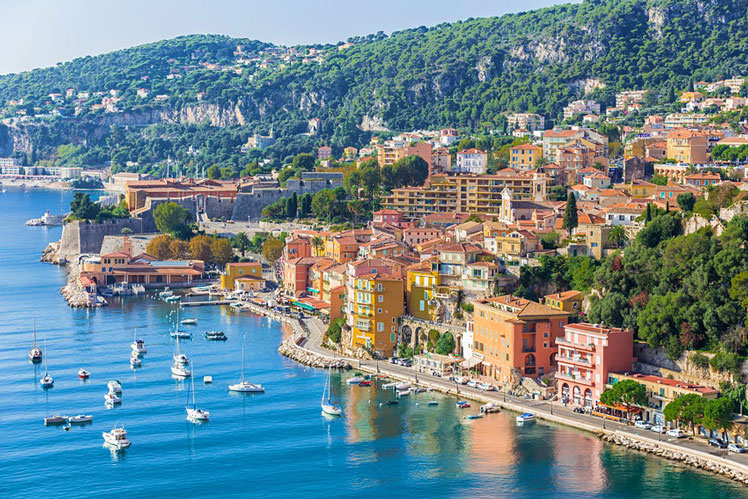
Do you need a visa to go to France?
TripFalcon May 06, 2021
Last Update: 2021-05-06 20:04:36Entering France from nearby countries is usually a breeze – no border checkpoints and no customs – thanks to the Schengen Agreement, signed by all of France’s neighbors (except the UK, the Channel Islands and Andorra).
Things aren't always so straightforward if you're traveling from outside the Schengen area or planning to stay for a while. Here's everything you need to know about visas for when you're traveling to France.
What you need to know about visas in France
EU nationals and citizens of Iceland, Norway and Switzerland need only a passport or a national identity card to enter France. For tourists from around 60 non-EU countries, visas are not required for stays of up to 90 days. This includes citizens of the USA, the UK, Australia, Canada, Hong Kong, Israel, Japan, Malaysia, New Zealand, Singapore, South Korea and many Latin American countries. For stays of more than 90 days (eg to study), contact your nearest French embassy or consulate and begin your application well in advance as it can take months.
Other people wishing to come to France as tourists have to apply for a Schengen Visa, named after the agreements that have abolished passport controls between 26 European countries. It allows unlimited travel throughout the entire zone for a 90-day period. Apply to the consulate of the country you are entering first, or your main destination. Among other things, you'll need travel and repatriation insurance and must be able to show that you have sufficient funds to support yourself.
Tourist visas cannot be changed into student visas after arrival. However, short-term visas are available for students sitting university-entrance exams in France. Tourist visas cannot be extended except in emergencies (such as medical problems). When your visa expires, you'll need to reapply from outside France.
Visa information is subject to change, so for up-to-date details, visit Ministère des Affaires Étrangères. The Visa Wizard can indicate whether you need a visa or not based on your country of origin, travel documentation and length of stay.

Visa information is subject to change, so always check with the local authorities © Olga Vorontcova / Shutterstock
Working Holiday Visa
Citizens of Australia, Canada, Hong Kong, Japan, New Zealand, South Korea, Russia, Taiwan and a number of South American countries aged between 18 and 30 (35 for Argentines, Australians and Canadians) are eligible for a 12-month, multiple-entry Working Holiday Visa (Permis Vacances-Travail), allowing combined tourism and employment in France. Apply to the French embassy or consulate in your home country (Australians can do this online). Do this early as there are annual quotas.
You must be applying for a Working Holiday Visa for France for the first time. You will need comprehensive travel insurance for the duration of your stay and you must meet all health and character requirements. You will also need a return plane ticket and proof of sufficient funds (usually around €2500) to get you through the start of your stay.
Once you have arrived in France and have found a job, you must apply for an autorisation provisoire de travail (temporary work permit), which will only be valid for the duration of the employment offered. The permit can be renewed under the same conditions up to the limit of the authorized length of stay.
You can also study or do training programs but the visa cannot be extended, nor can it be turned into a student visa. After one year you must go home.
Carte de Séjour (residence permit)
EU passport holders and citizens of Switzerland, Iceland and Norway do not need a carte de séjour (residence permit) to reside or work in France. Nationals of other countries who have been granted long-stay visas must contact the local mairie (city hall) or préfecture (prefecture) to apply for a carte de séjour. Usually, you are required to do so within eight days of arrival in France. Make sure you have all the necessary documents before you arrive. Students of all nationalities studying in France need a carte de séjour.

